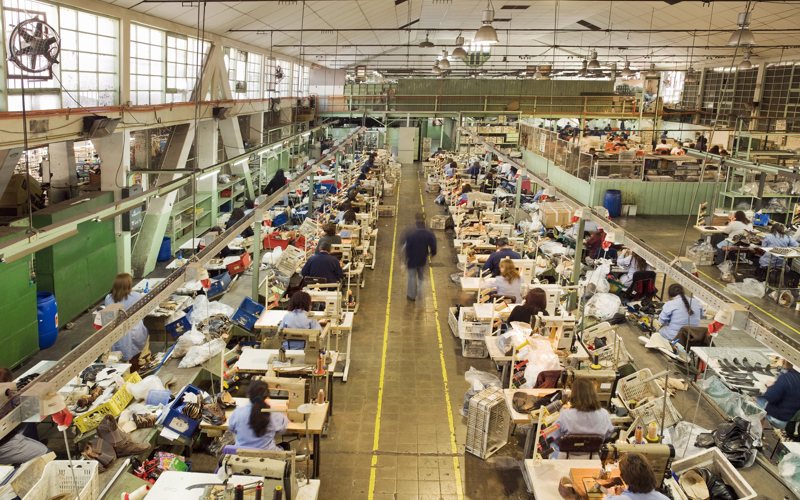Living wages: A cornerstone of responsible business
Fiona David and Shannon Hobbs
When buying the latest smartphone, would you notice a difference between a $998 and a $999.50 price tag? That $1.50 is what Fairphone estimates it would cost per phone to ensure factory workers are paid a living wage.

Source - Fairphone
Decent work isn’t a luxury — it’s the baseline. Workers expect it, businesses are expected to deliver it, and governments enforce it through labour laws. When a business fails to deliver decent work, it puts both the business and people at risk. Poor labour practices can lead to legal action, damage to reputation, and lost trust in a brand.
But what does decent work mean for delivering responsible business practices? Decent work involves respecting human rights at work, ensuring safe working conditions, and paying workers fairly. While minimum wages were once seen as the key to fair pay, a living wage is now rising as the foundation of truly decent work. And this isn’t just about a company’s own employees—it’s about taking responsibility for ensuring a living wage is paid across the entire value chain. That includes suppliers, their suppliers, continuing all the way down to workers sourcing raw materials.
The key difference between a minimum wage and a living wage is that a living wage allows workers to afford a decent standard of living for themselves and their families. Yet, in many countries, the minimum wage doesn’t come close to meeting that need.
Around 327 million wage earners globally are paid at or below minimum wage. That's 19% of all wage earners. Analysis by Wage Indicator shows that most countries have a large (30–70%) or very large (>70%) gap between the living wage and the minimum wage. This ultimately keeps people in poverty and stops them from accessing a decent standard of living.
Some forward-thinking businesses are leading the way by recognising that a living wage is the cornerstone of decent work, and are integrating living wage initiatives throughout their operations and supply chains.
Unilever has committed to all of its employees and the employees in its value chain being paid a living wage by 2030. To make this happen, they have set time-bound targets for suppliers to pay a living wage, require factories producing for them to pay a living wage to direct and contracted workers, and advocate for governments to review minimum wage policies.
Businesses may just see this as an extra cost. The reality is that there are multifaceted benefits, with a recent research paper stating that these include:
-
Higher worker retention and productivity due to higher job satisfaction
-
Stronger supplier performance and resilience, as supply chains become less vulnerable to social and industrial unrest
-
Enhanced reputation for upholding CSR through living wages, which is attractive to investors as it reduces risks and is a measurable indicator
-
Better positioning to deliver on human and labour rights obligations. Opportunities include: the right to an adequate standard of living, just and favourable working conditions, food and nutrition, and housing to name a few
Currently no country requires businesses to pay a living wage. But a living wage is increasingly seen as a social equivalent of the ‘race to net zero’. The sooner companies start moving, the lower the cost of the transition will be for them.
Want to know more about delivering on human and labour rights? Contact Fair Futures here.